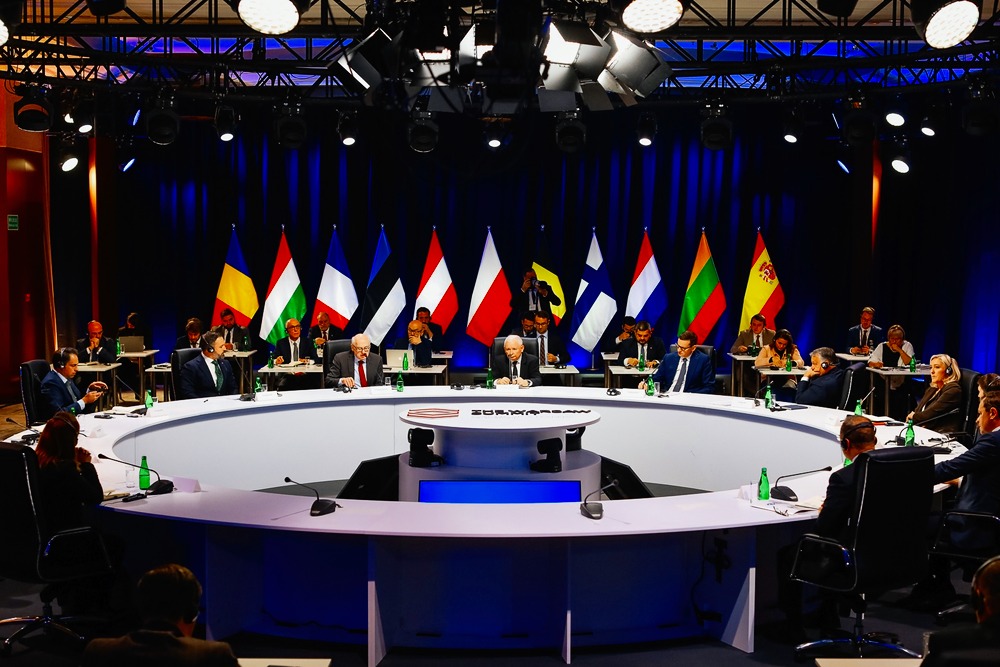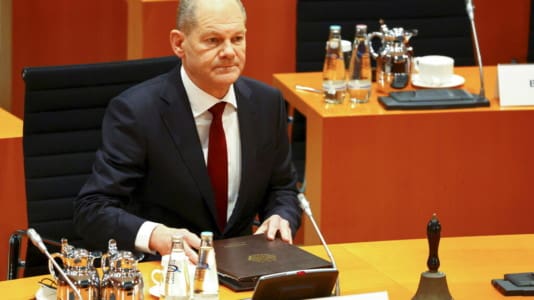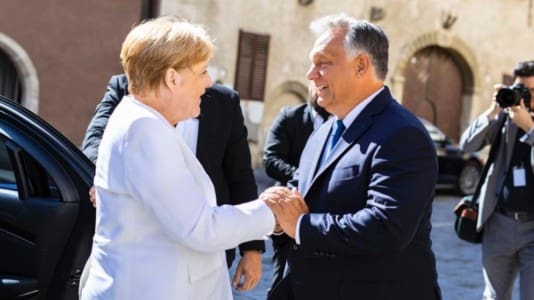There is a joke making its way through Spain where a son says to his father, who is a journalist, “Dad, I cut my hand.” The father then asks, “Your left hand or the far right one?”
This dialogue perfectly encapsulates the everyday language of European journalism, which no longer is able to use the term “right” without adding an adjective such as “far”, “radical” or “fundamentalist” to the term. Interestingly, even in countries such as Spain, in which a communist party is in the ruling coalition, one never hears or reads about a “far-left” party.
Extremism is allegedly represented solely by the right and that is meant to be the case throughout all of Europe. Even better! When the author is unable to contain their disgust, they eagerly reach for the “F” label, much like Jan Zielonka who commented on the Warsaw Summit in an article for the Polish media outlet Rzeczpospolita.
“It is difficult for European media to be silent in face of an invitation for several parties with fascist roots to a city which fascists had once destroyed,” he wrote.
Meanwhile, Spanish daily El Mundo, through the writing of Pablo R. Suanzes, attempted to describe the leaders of right-wing parties with much more precise language:
“They are connected by ambition, recent successes, very loyal voters, common enemies, and disdain for an EU in the shape that it has been designed, defense of traditional family, opposition towards migration, emphasis on sovereignty and the desire to be heard out and to break the unfavorable-towards-them system. For now, however, that which divides them is even stronger,” he wrote.
Populism’s victory will mean a return to common sense, authentic European values and freedom from leftist miasmas.
According to my calculations, the leaders of the European Conservatives and Reformists Party (ECR) have met at least five times in different configurations. They are allegedly showing activity unobserved in any other political family through cooperation, and a goal of returning Europe to its roots — just how it was initially designed.
The erroneous recognition of common intentions and being out of touch with reality by mentioning “hard and extreme right” proves that leftist authors who label themselves as defenders of democracy are merely removing an undesirable player from the game in order to ensure that no one will be able to threaten the hegemony of their left-wing message.
Disdain towards conservatives comes from every mainstream European media outlet. In those where the remnants of decency require publicists to avoid words such as “fascist” or “nationalist,” they reach for another adjective: “populist”.
Therefore, it is worth repeating with hope Nigel Farage’s words of farewell to the EU: “You may loathe populism, but I’ll tell you a very funny thing — populism is becoming popular!”
Populism’s eventual victory will mean a return to common sense, authentic European values and freedom from leftist miasmas.






